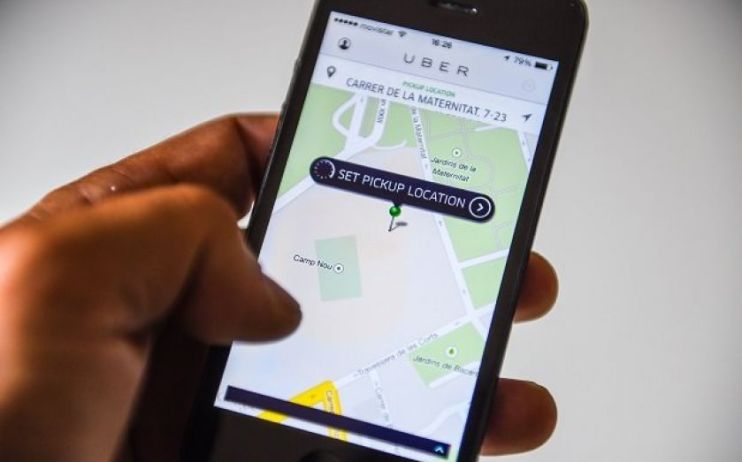Uber keeps giving its critics what they want

The relationship between Uber and regulator Transport for London (TfL) has always appeared to be one of mutual distrust.
From its earliest incarnation the ride-hailing app left plenty of feathers ruffled after breezing into London and disrupting a market that had been the preserve of black cabs and minicabs.
Read more: Why did Uber lose its London licence and what happens now?
Read more: TfL bans Uber from London in huge blow to ride-hailing app
While TfL and, since the arrival of Sadiq Khan, City Hall, have refused to play the welcome host, customers flocked to Uber — as did drivers, with 45,000 currently logging on to the platform and shuttling people around the city.
In its early days, Uber was combative — the abrasive culture of its founder Travis Kalanick (since given the boot) seemingly present at every level of the company.
Kalanick famously said that Uber was running a political campaign and its opponent was “an a**hole named Taxi.”
The list of opponents grew, but so did the number of customers and drivers — many of whom work as drivers full-time and switch on the app to generate extra revenue between bookings.
But while the very real benefits of Uber’s platform cannot be disputed, it must be acknowledged that it has failed to get on the front foot when it comes to winning over the regulators.
The company’s leadership has gone to great lengths to move beyond the Kalanick era, and it’s true that its platform offers safety features well beyond those available to passengers waiting for a passing black cab, but how could they have allowed uninsured or unauthorised drivers to get behind the wheel?
Uber has been under intense (arguably disproportionate) scrutiny for months, and TfL — which, along with Sadiq Khan, seemed to be looking for reasons not to renew its licence — was poised to take advantage of the company’s own failings.
The regulator need not have reached for the nuclear option of repealing Uber’s licence.
Read more: Businesses mourn ‘dark day’ as Uber loses London licence
It could have issued a rolling-approval conditional on specific remedies being evidenced. By reaching for the hammer-blow, complete with the tacit — even enthusiastic — approval of Khan and left-wing unions, it looks like it’s simply trying to chip away at what remains a hugely popular and successful service for millions of Londoners.
Neither party has covered itself in glory during this long dispute, but if Uber loses then so does London.
Main image: Getty
